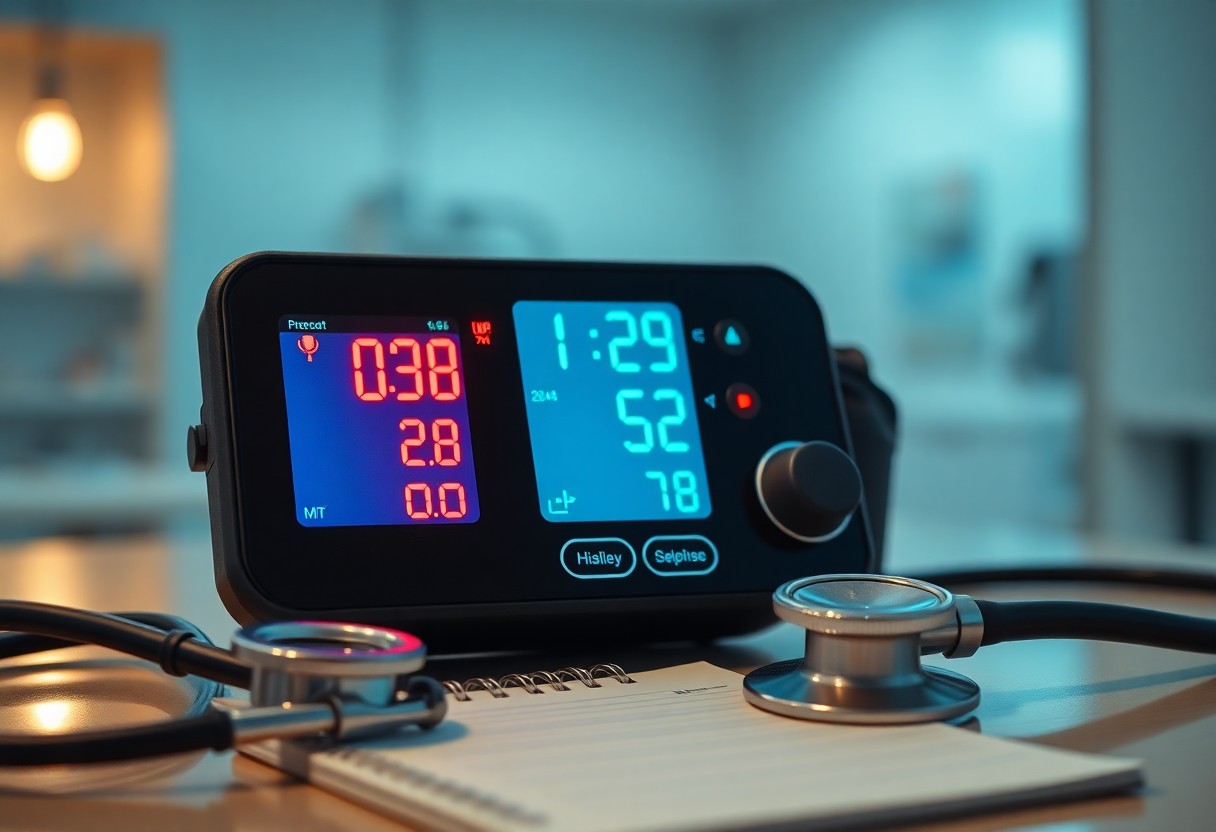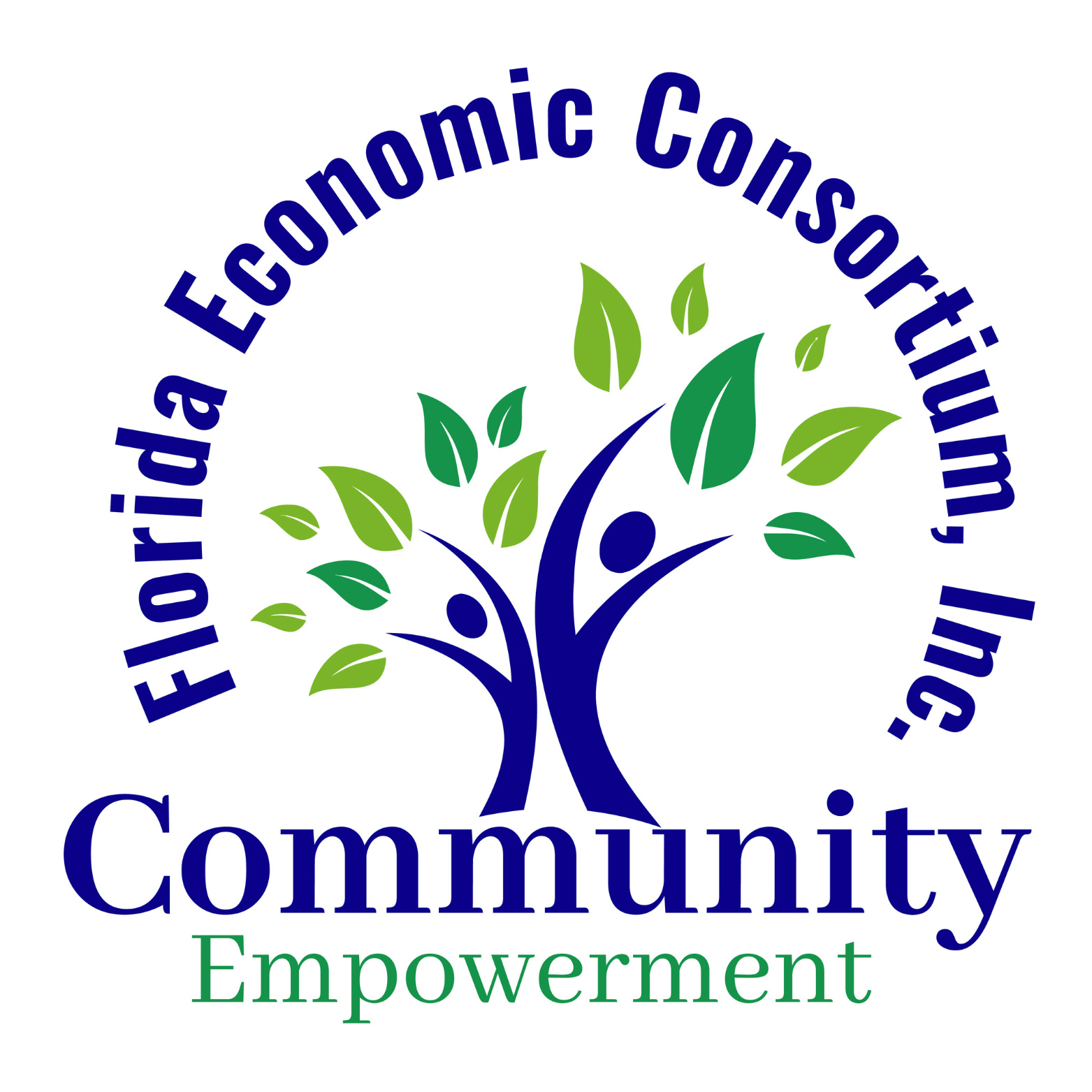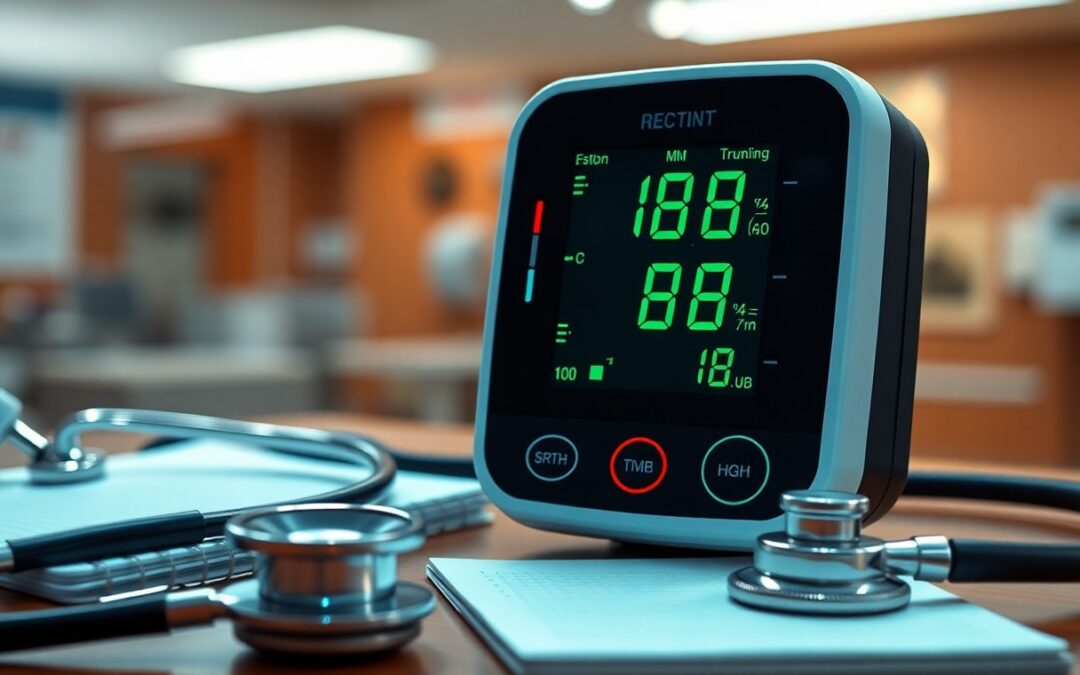Many individuals overlook the silent threat of high blood pressure, which can lead to serious health complications if left unchecked. Understanding the warning signs that indicate your blood pressure may be rising is crucial for proactive health management. In this post, you will discover the key symptoms to watch for and practical strategies to effectively monitor and control your blood pressure. Take charge of your health with the right knowledge and tools to maintain optimal well-being.
Recognizing the Silent Indicators of High Blood Pressure
High blood pressure often develops without noticeable symptoms, which is why it’s dubbed the “silent killer.” You might feel perfectly fine while your blood pressure rises to dangerous levels. Indicators such as headaches, fatigue, or dizziness might seem unrelated, yet they can signify an underlying issue. Your body may also react with a racing heartbeat or chest discomfort, suggesting that it’s time to take your cardiovascular health more seriously. Staying alert to these subtle signals can empower you to take action before more serious complications arise.
The Importance of Regular Monitoring
Regular monitoring is imperative for managing blood pressure effectively. You should aim to check your levels at home or during doctor visits, especially if you have risk factors like obesity, diabetes, or a family history of hypertension. Doing so helps you identify potential problems early and make necessary lifestyle changes sooner rather than later. Many medical professionals recommend at least biannual checks, but if you’re at high risk, monthly assessments might be wise.
Physical Symptoms You Shouldn’t Ignore
Ignoring bodily symptoms can lead to severe health consequences. Signs like persistent headaches, blurred vision, shortness of breath, or nosebleeds warrant immediate attention, especially when they appear alongside elevated blood pressure. Many individuals overlook these symptoms, attributing them to stress or fatigue, but such assumptions can be dangerous. Seeking medical advice promptly can prevent complications such as heart attack or stroke, ultimately saving your health.
Symptoms like persistent headaches or blurry vision, often dismissed as stress-related, should not be overlooked. These may arise as your body struggles against high blood pressure. For instance, if you experience sudden shortness of breath during minimal activity or frequent nosebleeds, consider these warnings from your body as signals to act. Such symptoms indicate that your blood pressure could be reaching a critical point; addressing them quickly can significantly impact your overall health and well-being. Prioritizing regular check-ups can help catch these issues before they escalate into something more severe.
The Alarming Consequences of Unmanaged Hypertension
Ignoring high blood pressure can lead to severe repercussions for your overall health. Without effective management, hypertension can damage vital organs, increasing your risk of heart disease, stroke, kidney failure, and vision loss. The long-term effects of unmanaged hypertension are profound, as they can diminish your quality of life and lead to irreversible health complications. Awareness and proactive measures are imperative to mitigate these risks and promote long-term wellness.
Long-term Health Risks and Complications
Unmanaged hypertension primarily increases your risk for cardiovascular diseases, particularly heart attacks and strokes. High blood pressure can also lead to chronic kidney disease by causing damage to the blood vessels in the kidneys, significantly impairing their function over time. Additionally, you may face cognitive decline or dementia, as reduced blood flow in the brain affects memory and thinking skills. Each of these consequences highlights the significance of monitoring and maintaining healthy blood pressure levels.
Economic Impact of Treating Advanced Conditions
Treating advanced health conditions stemming from unmanaged hypertension can impose a substantial financial burden on healthcare systems and individuals alike. Direct costs associated with hospitalizations, medications, and rehabilitation can escalate rapidly, placing immense strain on your finances and insurance coverage. Additionally, lost productivity due to illness creates further economic challenges for both you and society as a whole.
Economic Burden of Hypertension-Related Conditions
| Cost Drivers | Details |
| Hospitalization | High admission rates for heart attacks, strokes, or kidney issues cost thousands annually. |
| Continued Medications | Long-term medication regimens for hypertension and associated conditions can become prohibitively expensive. |
| Rehabilitation Programs | Cardiac rehabilitation and other programs add significant expenses on top of existing health care costs. |
| Lost Productivity | Increased sick days can impede work performance, resulting in reduced income and economic contributions. |
Considering the economic impact is vital for encouraging preventative measures against hypertension. The costs associated with treating complications can escalate quickly, often reaching thousands of dollars per year when combined with medication and necessary follow-up care. Choosing to manage high blood pressure proactively not only enhances your health but also safeguards your financial stability in the long run. In this context, looking at both health and economic implications should motivate lifestyle changes and regular monitoring.
- Increased medical expenses due to emergency treatments.
- Chronic health issues result in long-term financial strain.
- Significant insurance coverage use leading to premium increases.
- Potential loss of income when symptoms affect work performance.
Long-term Consequences of Unmanaged Hypertension
| Health Risks | Description |
| Heart Disease | Hypertension significantly increases your risk of heart-related complications. |
| Kidney Failure | Prolonged high blood pressure can lead to chronic kidney dysfunction. |
| Stroke Risk | Heightened blood pressure dramatically raises the chances of experiencing a stroke. |
| Cognitive Decline | Impaired blood flow may lead to memory issues or diminished cognitive capabilities. |
Proven Strategies for Effective Blood Pressure Management
Managing high blood pressure effectively involves a multi-faceted approach that addresses both lifestyle choices and medical interventions. Utilizing these strategies can help you maintain a healthier blood pressure level, reduce the risk of complications, and ultimately enhance your overall well-being.
Lifestyle Modifications: Diet and Exercise
Your diet and physical activity play significant roles in managing blood pressure. Incorporating a balanced diet rich in fruits, vegetables, whole grains, and low-fat dairy can provide important nutrients while reducing sodium intake. Regular exercise, such as brisk walking or cycling for at least 30 minutes most days, can also lower blood pressure and improve heart health.
The Role of Medication: What You Need to Know
Medication may become necessary when lifestyle modifications alone do not adequately control your blood pressure. Antihypertensive medications vary in type, and your healthcare provider will tailor your treatment based on your specific health needs, taking into account factors such as age, overall health, and any existing medical conditions. Following your prescribed regimen and attending regular check-ups are vital to monitor your progress.
Understanding the different classes of antihypertensive medications—such as diuretics, ACE inhibitors, and beta-blockers—can empower you in your treatment journey. For instance, diuretics, commonly prescribed, help to eliminate excess sodium and fluid, which can lower blood pressure effectively. Regularly communicating with your healthcare provider about any side effects or concerns is fundamental for adjusting your treatment plan as needed, ensuring optimal management of your hypertension.
Empowering Yourself: Tools and Resources for Monitoring
Monitoring your blood pressure at home can empower you in managing your health. Various tools and resources are available, enabling you to take control of your well-being. By regularly checking your blood pressure, you can gain insights into how your lifestyle choices impact your readings and identify potential issues before they escalate. Access to reliable information and effective monitoring techniques will enhance your ability to maintain optimal blood pressure levels.
Choosing the Right Blood Pressure Monitor
Selecting an appropriate blood pressure monitor is crucial for accurate readings. Look for an automatic, cuff-style monitor that fits comfortably around your arm, ensuring consistent and reliable results. Many models offer features like Bluetooth connectivity, allowing you to sync readings with your smartphone for easier tracking. Consider devices that have been validated for accuracy by reputable organizations, ensuring you can trust the data you collect.
Utilizing Apps and Technologies for Tracking
Incorporating modern technology can significantly improve your blood pressure monitoring routine. Numerous apps are available that allow you to log your readings and track trends over time. These apps often provide reminders for checking your blood pressure, making it easy to stay consistent with your routine. Some platforms even offer insights based on your data, helping you identify patterns and how certain lifestyle changes influence your blood pressure.
For instance, many health-related mobile apps offer additional features like dietary recommendations and exercise logs, complementing blood pressure tracking. Using wearables integrated with these apps can further enhance your monitoring experience, as they can continuously measure heart rate and activity levels, providing a comprehensive picture of your cardiovascular health. You can gain valuable data by utilizing these tools, which can be shared with healthcare professionals during visits for more tailored recommendations.

When to Seek Professional Help: Signs That Demand Attention
Recognizing when to consult a healthcare professional can be vital for managing high blood pressure effectively. If you experience symptoms such as severe headaches, shortness of breath, chest pain, or vision changes, don’t hesitate to seek medical attention. These signs could indicate a hypertensive crisis or other serious complications that require immediate intervention. Additionally, if your blood pressure readings consistently exceed 180/120 mmHg, it’s imperative to contact your doctor right away.
Changes in Symptoms That Warrant a Doctor’s Visit
Variations in your symptoms can signal a need for professional evaluation. If you notice a significant increase in headaches, fatigue, or any other previously manageable symptoms, schedule a doctor’s appointment. Changes like these could indicate that your current management strategy is ineffective and may require adjustments to your treatment plan.
Understanding When Home Remedies Are Insufficient
Home remedies can effectively complement blood pressure management, but they may fall short when your hypertension is severe or resistant. If lifestyle changes—like diet and exercise—do not yield noticeable improvements, it’s time to consult your healthcare provider. Ignoring the problem can lead to adverse health effects, so professional intervention might be necessary to appropriately regulate your blood pressure and reduce health risks.
Home remedies, although beneficial in many scenarios, often lack the potency needed to combat significant hypertension or address complex health circumstances. For instance, if dietary adjustments like reducing salt intake and incorporating more potassium-rich foods do not stabilize your readings, you should consider medical evaluation. Individuals with co-existing conditions such as diabetes or heart disease may find that they require pharmaceutical intervention paired with their lifestyle changes to effectively manage their blood pressure levels and ensure long-term health.
Final Words
To wrap up, recognizing the top warning signs of high blood pressure is vital for your health. Being aware of symptoms like headaches, dizziness, or nosebleeds can help you take timely action. You should also implement lifestyle changes like maintaining a balanced diet, exercising regularly, and managing stress to keep your blood pressure in check. Regular check-ups with your healthcare provider will further aid in monitoring your condition. By staying vigilant and proactive, you can successfully manage your blood pressure and enhance your overall well-being.

